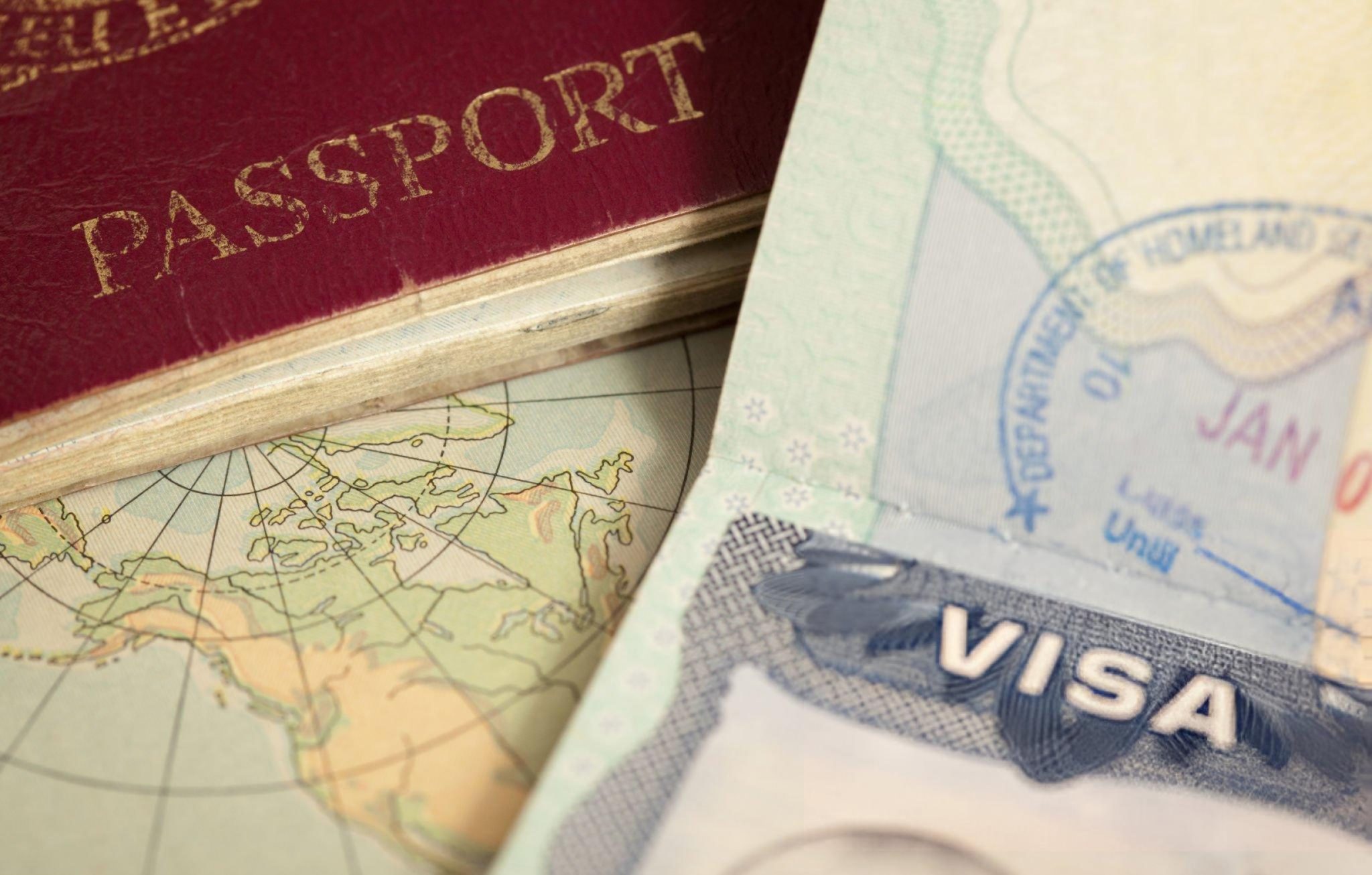UK Labour Government unveils tough crackdown on visa routes to curb low-skilled migration
In a major policy shift aimed at drastically reducing legal immigration, the UK’s Labour government on monday unveiled a series of stringent reforms to its visa system. The new measures, part of Prime Minister Keir Starmer’s long-anticipated immigration white paper, signal an end to what he described as Britain’s “one-nation experiment in open borders”.
Speaking in Parliament, Starmer warned that the country “risked becoming an island of strangers” and described the social and economic damage caused by the “explosion” in immigration as “incalculable”. The white paper cited a sharp increase in lower-skilled migration from non-EU countries and a surge in international students enrolling at lesser-known universities in recent years. The document set out the government’s intention to reduce reliance on overseas recruitment, placing greater emphasis on training and employing British workers.
Under the reforms, only individuals holding university degrees will now qualify for skilled worker visas, tightening the criteria from the previous A-level equivalent. The popular graduate visa, which currently allows international students to work in the UK for up to two years after completing their studies, will see its validity reduced to 18 months. In an even more severe measure, the health and care worker visa, which has provided a critical pathway for foreign nationals, including thousands of Indians, to work in the UK’s care sector, will be scrapped altogether.
Furthermore, foreign nationals will face a longer road to settlement and citizenship, with the qualifying period extended from five to ten years. All visa categories will also face stricter English language requirements, reflecting the government’s desire to ensure better integration of migrants.
Employers seeking to sponsor skilled workers will see the Immigration Skills Charge rise by 32%, and salary thresholds for skilled workers wishing to bring family dependants will also be increased. These changes are set to have a significant impact on Indian nationals, who last year received the highest number of skilled worker and health and care worker visas, and were also the second largest recipients of student visas.
The government has confirmed that those already in the UK on skilled worker visas will not be affected unless they attempt to switch to a different visa category. However, visa extensions and in-country switching for health and care worker visa holders will only be allowed until 2028. The white paper attributed the closure of this route to “widespread exploitation and abuse” by care companies recruiting from overseas, citing evidence of poor working conditions and deceptive recruitment practices.
Starmer’s government has also raised concerns about misuse of student visas, noting that many are being used as a means of gaining entry to the UK labour market without any real intention of completing studies. The paper also highlighted a growing trend of students applying for asylum at the end of their courses, as well as the failure of many graduates to secure employment in roles that match their qualifications.
In place of the existing routes, the UK will now prioritise attracting highly-skilled individuals through its Global Talent visa and the High Potential Individual route. These schemes are aimed at luring top-tier talent from around the world in science, research, technology, and other high-value sectors.
Starmer’s tough new measures have already sparked debate among business groups, universities, and migrant rights organisations, with many warning that the reforms could exacerbate skills shortages in key sectors such as health, care, and hospitality, while damaging the UK’s reputation as a destination for higher education.
Despite the controversy, the Labour government has stood firm, insisting that the reforms are necessary to restore public confidence in Britain’s immigration system and protect the interests of domestic workers.






